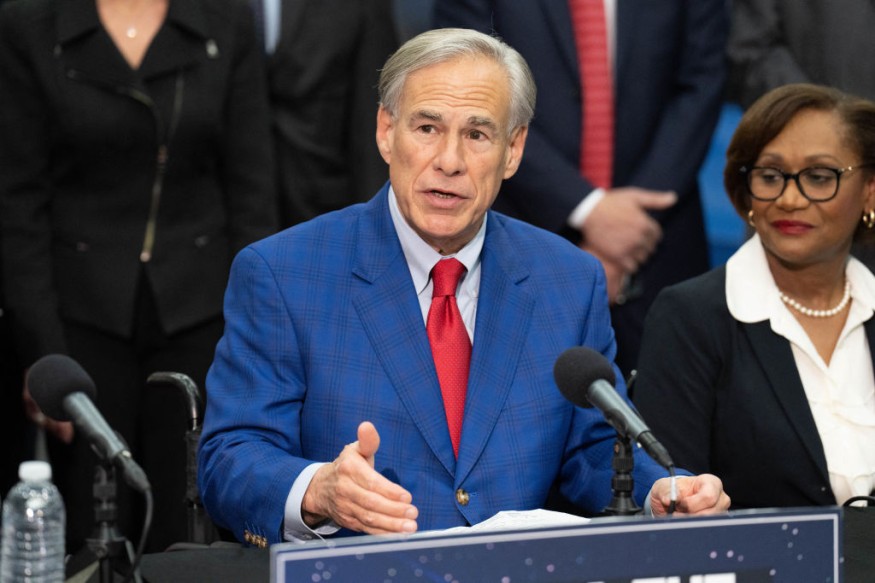Texas Governor Greg Abbott Pardons Daniel Perry Who Killed BLM Protester in 2020

Texas Governor Greg Abbott has granted a full pardon to Daniel Perry, a former US Army sergeant convicted of murder in the shooting death of an armed protester during a 2020 Black Lives Matter demonstration.
This decision follows a unanimous recommendation from the Texas Board of Pardons and Paroles, emphasizing Perry's extensive military service and the circumstances surrounding the incident.
Daniel Perry's conviction stemmed from the shooting of Garrett Foster, a 28-year-old BLM protester carrying an AK-47 rifle through downtown Austin.
Perry, also armed, argued self-defense, a claim disputed by prosecutors, Fox News reports.
Perry's defense highlighted Texas' 'Stand Your Ground' laws, which prioritize self-defense rights, while critics, including Travis County District Attorney Jose Garza, condemned the pardon, alleging political bias and injustice.
Governor's Decision and Reactions
Texas Governor Greg Abbott's pardon, facilitated by the Board of Pardons and Paroles, prompted mixed reactions.
Daniel Perry 's attorney, Douglas K. O'Connell, expressed Perry's relief at being free but acknowledged the grief of Foster's family.
Conversely, Garza criticized the pardon as a betrayal of justice, accusing the governor and the board of prioritizing politics over fairness.
The fatal encounter occurred when Perry, stationed at Fort Hood, drove into a crowd gathered at the protest, according to CNN.
Prosecutors asserted Perry instigated the confrontation, while defense attorneys argued Foster's actions compelled Perry to use lethal force.
Perry's military background and psychological condition, including PTSD, were central to his defense.
In May 2020, Perry mentioned possibly killing rioters outside his apartment.
Perry compared Black Lives Matter protesters to monkeys in a June 2020 comment.
Foster's Family Response
Whitney Mitchell, BLM protester's fiancé, condemned the pardon, accusing Texas Governor Greg Abbott of disregarding justice and public safety.
Mitchell highlighted Perry's prior statements indicating hostility toward protesters.
Despite pursuing a civil case against Perry, Foster's family dropped it after his conviction, relying on the criminal justice system for accountability.
The pardon reignited debates on racial justice, self-defense laws, and political influence in legal proceedings, the New York Times noted.
Greg Hupp, a forensic psychologist, testified to Perry's psychological issues, contrasting with military records.
Daniel Perry's defense centered on his perception of an imminent threat, while prosecutors emphasized his aggressive tendencies and racially charged statements.
During Perry's sentencing, emotional testimonies, including Mitchell's, underscored the profound impact of the BLM protester's death.
However, Perry's defense challenged the trial's integrity, citing juror misconduct, which Judge Cliff Brown dismissed as insufficient to overturn the verdict.
The pardon of Daniel Perry reflects broader societal tensions surrounding race, justice, and accountability.
While some view it as a triumph of self-defense rights, others perceive it as a failure to address systemic issues.
The case underscores the complexities of legal proceedings and the challenges of reconciling competing interpretations of justice in a polarized society.
This article is owned by Latin Post.
Written by: Ross Key
WATCH: Texas governor pardons ex-Army sergeant convicted of murdering Black Lives Matter protester - From NBC News
Subscribe to Latin Post!
Sign up for our free newsletter for the Latest coverage!
















